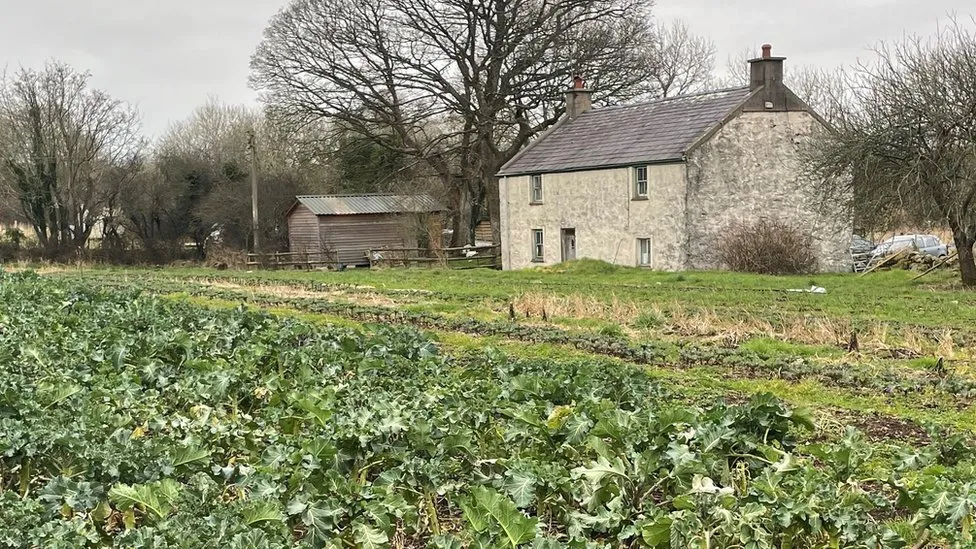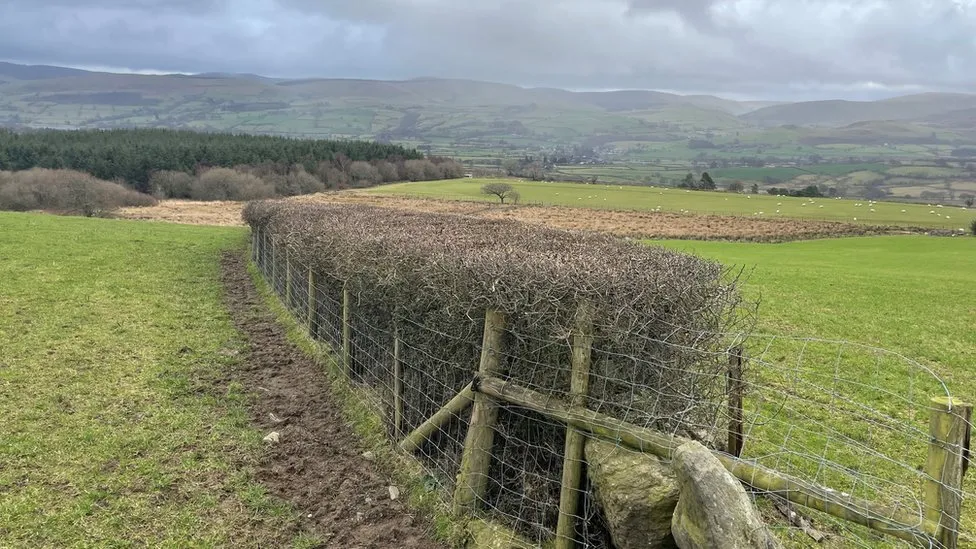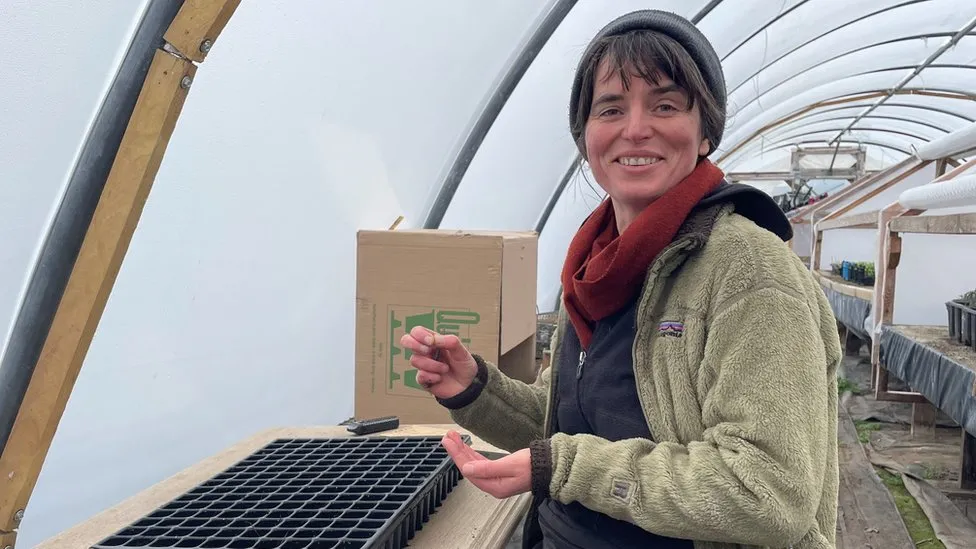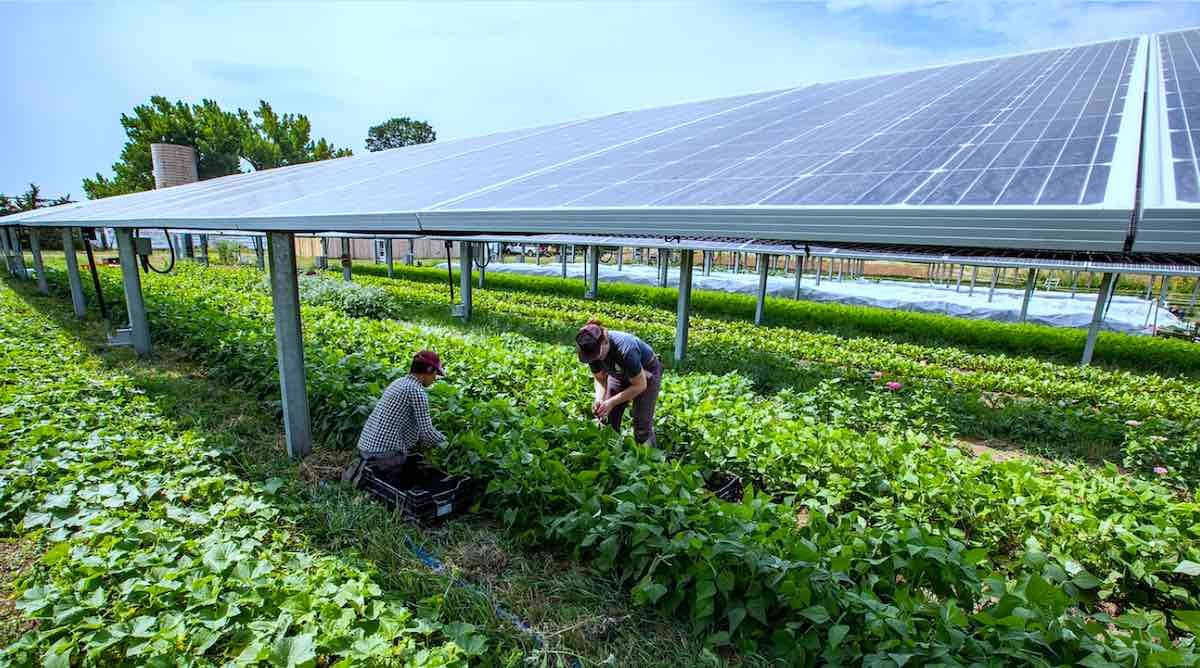
Carlsberg, which is targeting a net-zero value chain by 2040, has confirmed that three of its brands in the UK, Finland and France will source barley from regenerative farming practices.
Last year, the company set a target to ensure that 30% of raw materials are sourced using regenerative agricultural practices by 2030, so that, by 2040 100% of all raw materials are sourced this way. Those targets have since been enshrined in a new zero farming footprint ambition within its recently launched ESG programme.
The Group states that using regenerative farming practices will help farmers promote biodiversity, restore soil health and carbon sequestration, and is therefore an important tool to help combat the climate crisis.
Carlsberg’s senior director of sustainability and ESG Simon Boas Hoffmeyer said: “We cannot reach our targets alone. Partnerships are vital across the value chain, which is why we are collaborating closely with local farmers, traders, maltsters, agronomists and NGOs who provide expertise in the transition to regeneratively grown barley.
“Over time this will allow us to offer our consumers and customers lower-carbon beers and contribute to improving the ecosystems we rely on. We will cooperate with all relevant stakeholders to ensure that we as a company and our industry as a whole, strives towards a ZERO Farming Footprint.”
Progress is already happening. In collaboration with barley malt supplier Soufflet, Carlsberg has used barley that has been cultivated using organic and regenerative agricultural practices. Cover crops were introduced in the barley fields to assist with regenerative farming processes. Soufflet is a key member of the supply chain for the Group’s Kronenbourg 1664 brand.
The aim is that, by 2026, Kronenbourg 1664 Blonde will be brewed with 100% barley malt sourced from this new agricultural value chain, with 250 partner farmers producing 5,000 hectares of responsibly sourced barley that is traceable using blockchain technology, the Group has this week announced.
Now, the company has unveiled two extra new initiatives to build towards its regenerative target.
In the UK, Carlsberg Marston’s Brewing Company (CMBC) has committed to 100% regenerative barley for Carlsberg Danish Pilsner by 2027, and for all UK brands by 2031. The Group has contracted the first 23 farmers to begin work on producing 7,000 tonnes of regenerative barley this year alone.
In Finland, suppliers are producing regenerative barley to Sinebrychoff, a Carlsberg Group company, for its annual KOFF Christmas Beer.
Source edie





